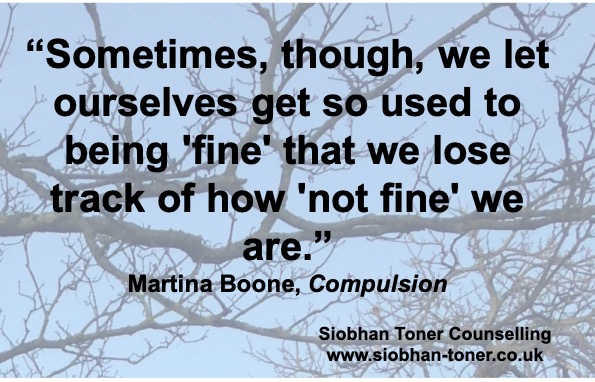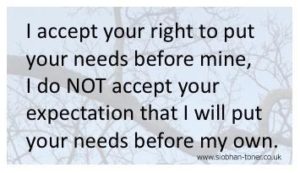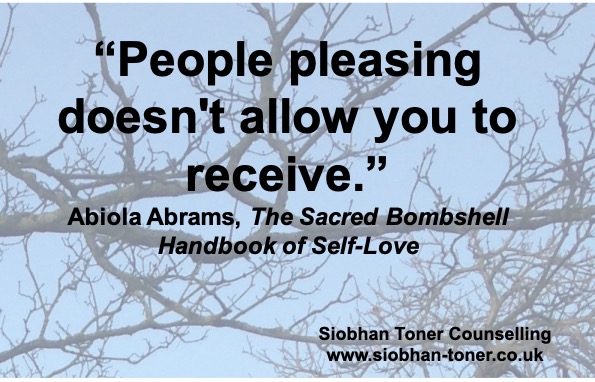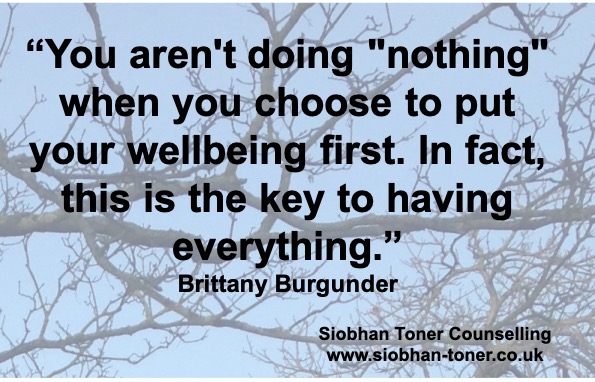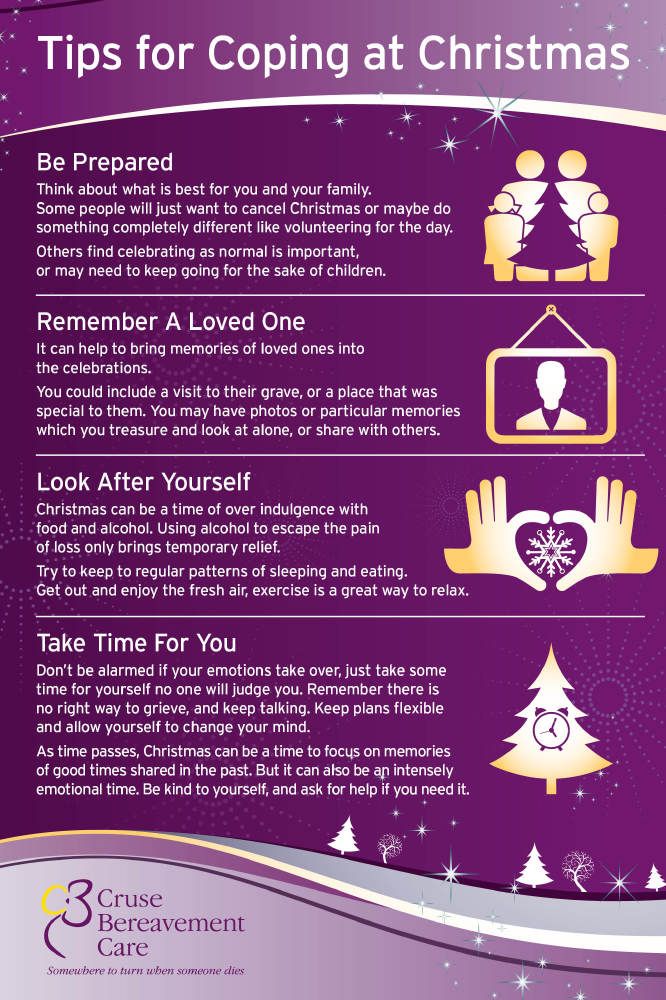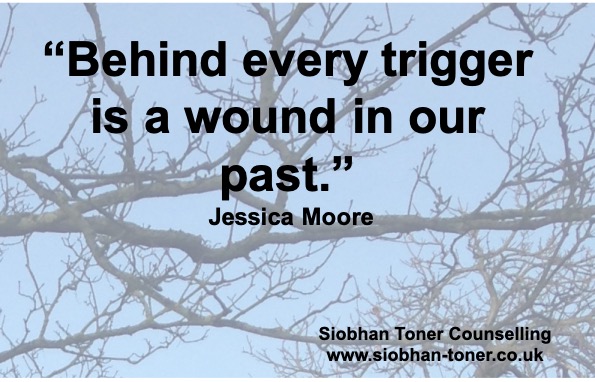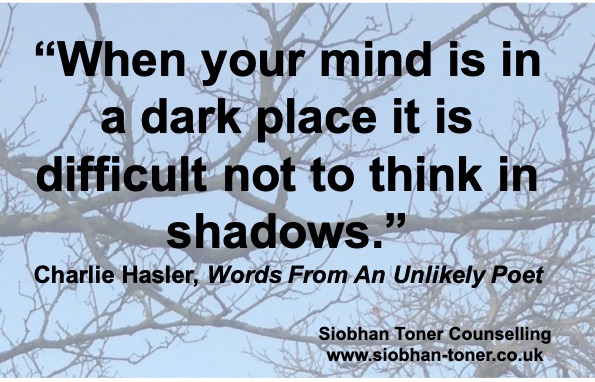I believe that everyone can benefit from having counselling once they find the counsellor that suits them.
How do you know if I am the right one for you? It may help to know a bit more about me. I come from a London Irish working class background and I was raised in Southwark.
I am down to earth and open in the counselling space and my role is to help facilitate your exploration of the issues that have brought you there. I do this by listening to what you are saying but also what you may not be saying. By exploring this with you it can lead to greater understanding of what you are experiencing.
I don’t just listen, I work to understand what it would be like to experience what you are telling me in a non judgemental way and I will check my understanding with you to ensure I am getting it right. This stops me making assumptions about you and your life.
I think its important to use regular language and vocabulary in our work together, I’m not there to impress you with my use of theory and academic abilities. When I speak it is only to help you in your processing of what you are bringing.
I believe that as many people as possible should have access to counselling so I also work online as it gives people more options, clients can schedule around work and family commitments without having to take extra time to travel to appointments.
Visit the contact page to find ways to get in touch. You may also notice that my home page gives details of my current availability. I know it can be incredibly frustrating reaching out to a counsellor only to find they don’t have space that is suitable for you so I try to keep this as up to date as possible.

